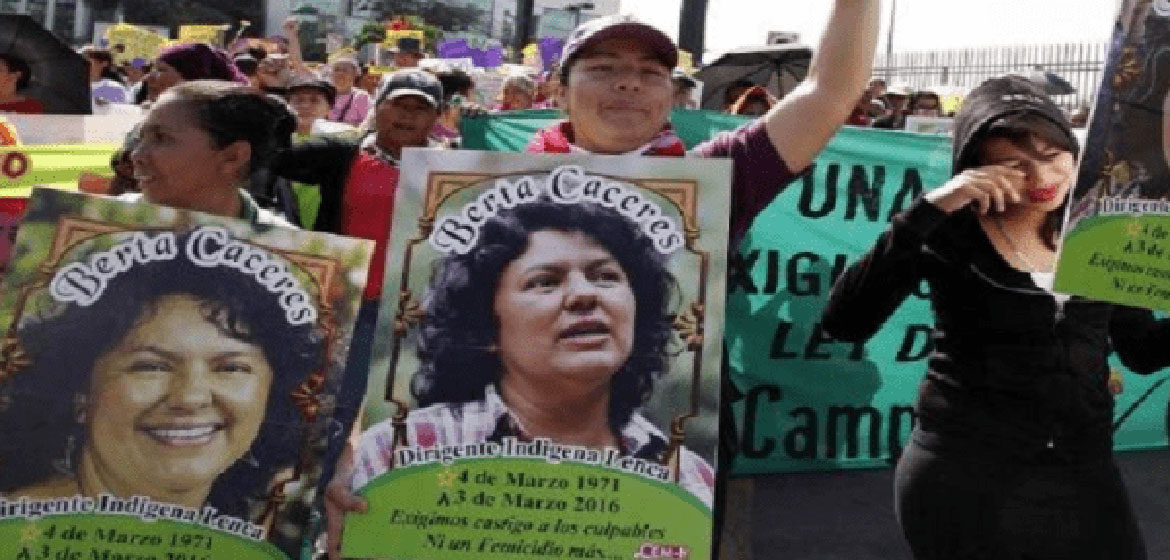Of the 312 human rights defenders murdered across the world in 2017, 212 of them (67.9 percent) were from Latin America, according to a new report by Ireland-based non-profit Front Line Defenders.
The group published the data in its annual Human Rights Defenders at Risk report.
Per the report, 80 percent of worldwide killings took place in four countries: Brazil, Colombia, Mexico and the Philippines.
In Latin America, 156 human rights defenders were killed in Brazil and Colombia alone.
"The violence against human rights defenders has intensified in regions of political and economic crisis: Venezuela, Brazil, Guatemala, Paraguay, Honduras and Argentina," researchers said in their report.
A majority of the Latin American countries with the highest killings are ruled by governments favorable to the United States.
In Brazil, under President Michel Temer, there was an increase in both violence and the involvement of state security forces.
"In May, 10 peaceful land rights defenders were shot dead by the police in the state of Para, in the Amazon region. Six weeks later, a witness to the massacre that had been hiding was also killed," the report said.
In Colombia, under President Juan Manuel Santos, former guerrillas handed over their weapons as part of a peace agreement, but criminal and paramilitary gangs have persecuted and assassinated social leaders.
Up until Dec. 20, 105 activists were murdered in the South American country in 2017, with nearly 59 percent of them being politically motivated, El Pais reported. Most of those killed were defending land, environmental and Indigenous peoples’ rights.
Last September, a bus full of human rights observers in Honduras was intercepted by state security forces who threw tear gas into the bus, resulting in the hospitalization of activists who had been planning to document ongoing repression against university students, the report pointed out. President Juan Orlando Hernandez has also ordered his country's National Police to suppress ongoing protests against his controversial re-election.
It also referred to the disappearance and killing of Argentine human rights activist Santiago Maldonado, who disappeared in August 2017 during a protest for the rights of the Indigenous Mapuche people, which was violently repressed by the Argentine military force. Argentine President Mauricio Macri has also suppressed protests throughout the country.
"Around the world, defenders continue to tell us that police and government officials refuse to respond to requests for protection following death threats to activists," Front Line Defenders Executive Director Andrew Anderson said.
"Killings almost always occur following a series or pattern of threats, indicating that if preventive action were taken by police, and threats against defenders were taken seriously by authorities, HRD (human rights defenders) killings could be drastically reduced."
"Criminalization" remains one of "the most common strategies employed to obstruct and delegitimize the work of defenders," he added.
The report added that Latin American countries like Brazil, Colombia, Ecuador, El Salvador, Honduras and Peru also saw an "alarming increase in homophobic and transphobic attacks."
In 2016, 85 human rights defenders were killed in Colombia, followed by Brazil where 58 were killed, and Honduras where 33 were murdered. In Mexico, 26 were killed, while 12 died in Guatemala.
Source:
Related to SDG 10: Reduced inequalities



